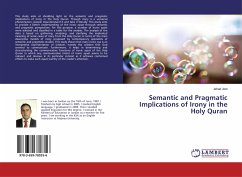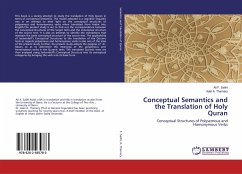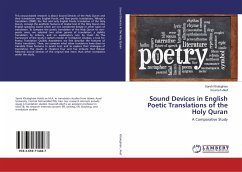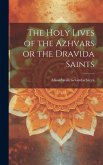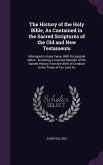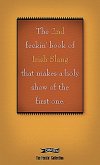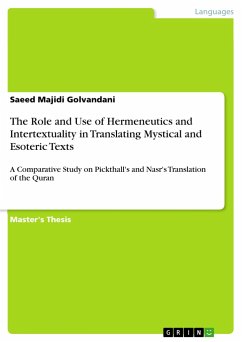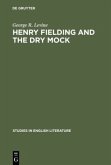This study aims at shedding light on the semantic and pragmatic implications of irony in the Holy Quran. Though irony is a universal phenomenon, people misunderstand it and take it literally. This study aims to provide a better understanding of the ironic ayaat through semantic and pragmatic perspectives. For this purpose, a number of ironic ayaat were selected and classified in a table for the analysis. The analysis of the data is based on gathering, analyzing, and clarifying the implicated meaning of some cases of irony from the Holy Quran in terms of the main descriptive models of irony proposed by contemporary specialists of semantic and pragmatic studies. This study shows that every ironic aya is an interpretive representation of wisdom, namely the wisdom that God wanted to communicate. Furthermore, it helps in determining and characterizing the communicative functions of ironic ayaat of the Holy Quran in which any communicative intent of ironic ayaat seems to be relevant and obvious in its particular context as it achieves contextual effects to make such ayaat worthy of the reader's attention.
Bitte wählen Sie Ihr Anliegen aus.
Rechnungen
Retourenschein anfordern
Bestellstatus
Storno

